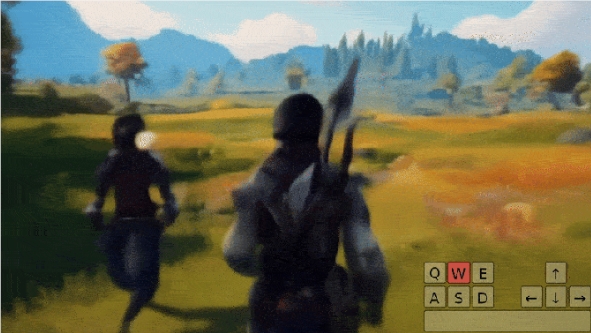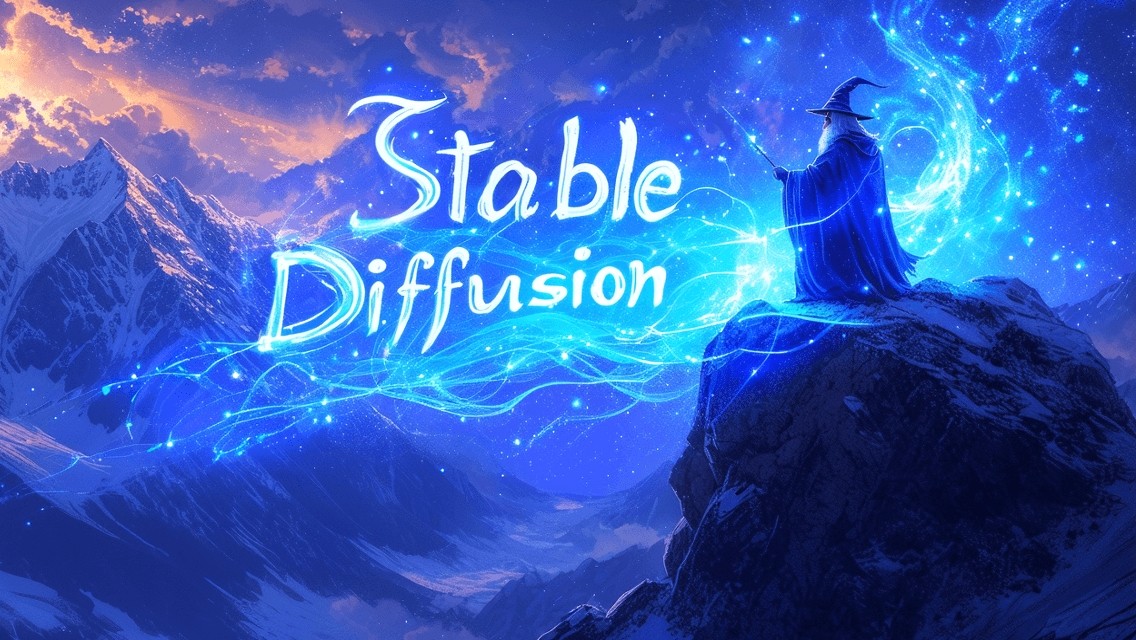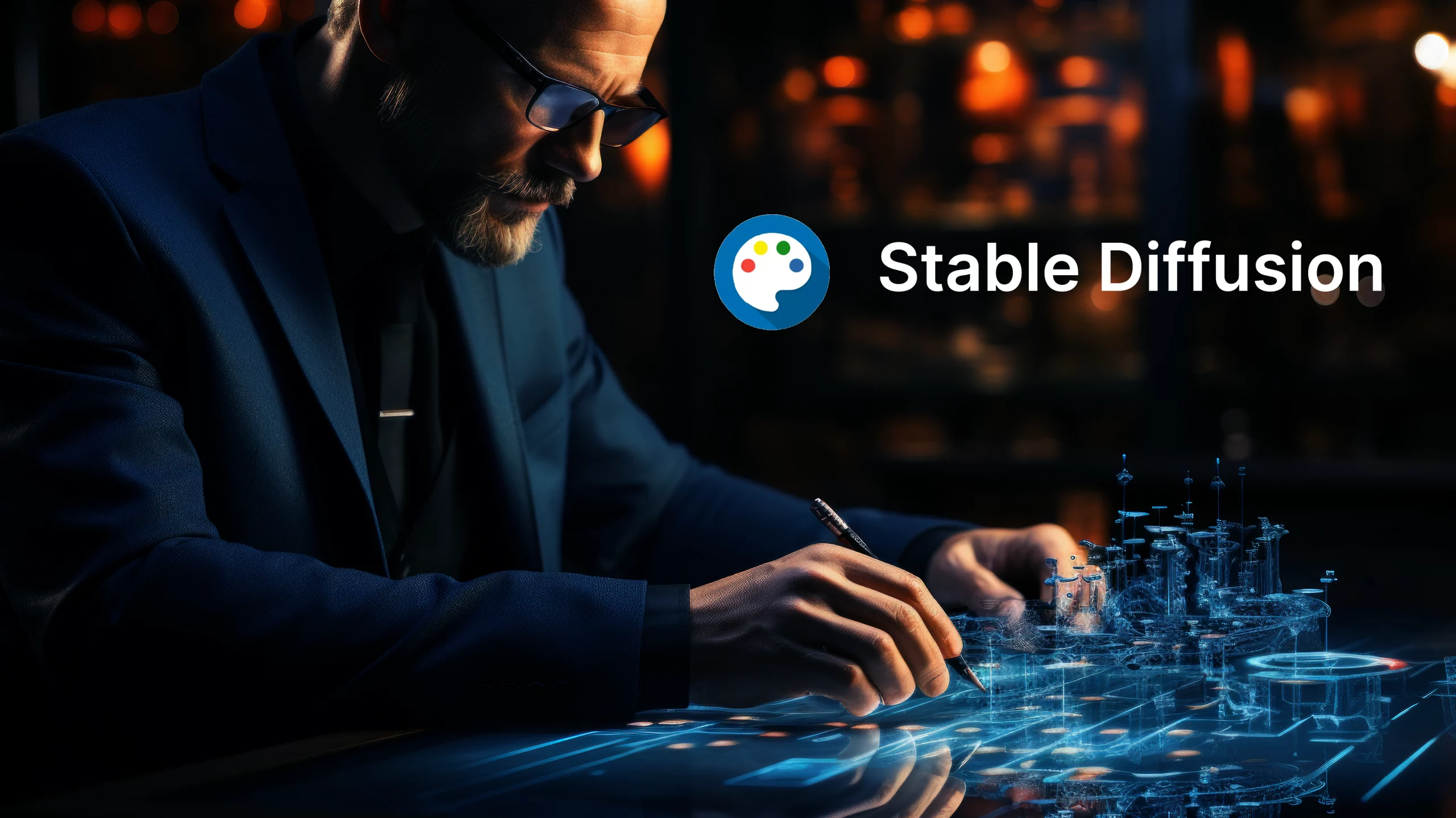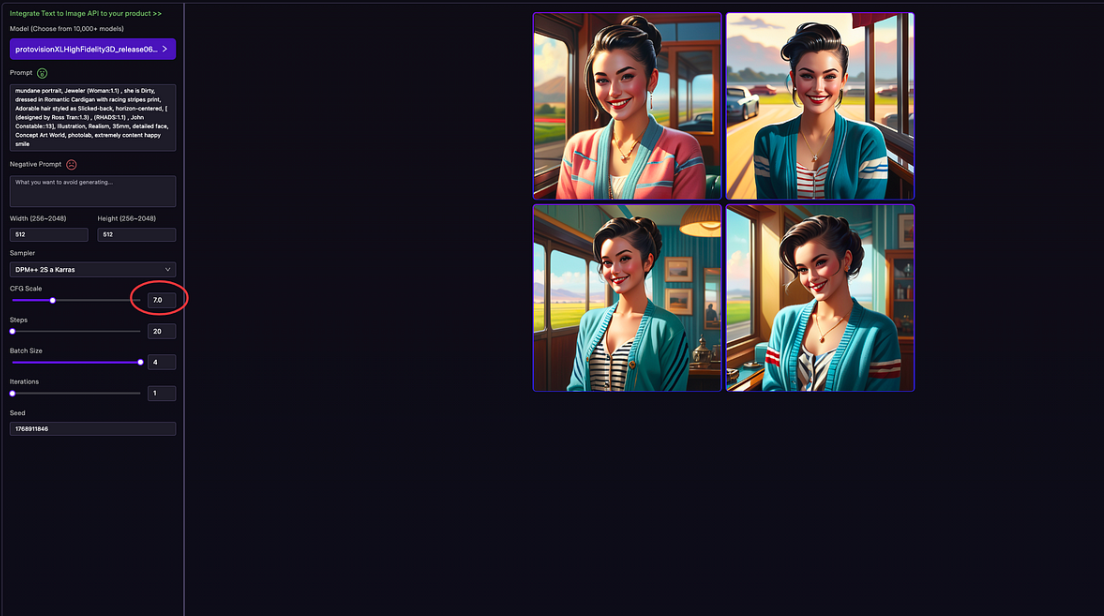Google recently announced that it will set up a new team to focus on developing artificial intelligence (AI) models that can simulate the physical world. The team is led by Tim Brooks, who previously worked at OpenAI as co-lead of the video generation model Sora. Brooks said on the social platform X that the new team will belong to Google's AI research laboratory Google DeepMind.
"DeepMind has ambitious plans to develop large-scale generative models to simulate the world," Brooks mentioned in his announcement. He also said that the team will work with Google's Gemini, Veo and Genie teams to solve "critical problems." new problems” and scale the model to the highest computational power. Gemini is Google's flagship AI model series, mainly used for image analysis and text generation, while Veo is Google's own video generation model. As for Genie, it's Google's attempt at a world model that can simulate games and 3D environments in real time.

According to Brooks, the team will develop "real-time interaction generation" tools and investigate how to integrate their model with existing multimodal models such as Gemini. The job description mentions: "We believe that scaling AI training based on video and multi-modal data is a key path to achieving artificial general intelligence (AGI)." AGI refers to artificial intelligence that can complete any task that humans can complete.
Many startups and large technology companies are also pursuing the development of world models, such as World Labs, led by the famous AI researcher Fei-Fei Lee, and Israeli startups Decart and Odyssey. The companies believe that future world models could be used to create interactive media like video games and movies, as well as run realistic simulations like training robots.
However, the creative sector has a different take on the technology. A recent investigation by Wired magazine showed that game development companies such as Activision Blizzard are using AI to save costs and improve production efficiency, but this has also resulted in a large number of employee layoffs. According to a 2024 Animation Union study, more than 100,000 jobs in the U.S. film, television and animation industries are expected to be affected by AI by 2026.
Still, some emerging world-modeling startups like Odyssey promise to work with creative professionals, not replace them. Whether this becomes Google's approach remains to be seen. In addition, issues regarding copyright have not yet been resolved. Some world models may have been trained using unauthorized footage of live video games, putting the companies at risk of lawsuits.
Google claims that it trained the model on YouTube with a license under the platform's terms of service, but has not disclosed exactly which videos were used.
AI courses are suitable for people who are interested in artificial intelligence technology, including but not limited to students, engineers, data scientists, developers, and professionals in AI technology.
The course content ranges from basic to advanced. Beginners can choose basic courses and gradually go into more complex algorithms and applications.
Learning AI requires a certain mathematical foundation (such as linear algebra, probability theory, calculus, etc.), as well as programming knowledge (Python is the most commonly used programming language).
You will learn the core concepts and technologies in the fields of natural language processing, computer vision, data analysis, and master the use of AI tools and frameworks for practical development.
You can work as a data scientist, machine learning engineer, AI researcher, or apply AI technology to innovate in all walks of life.







